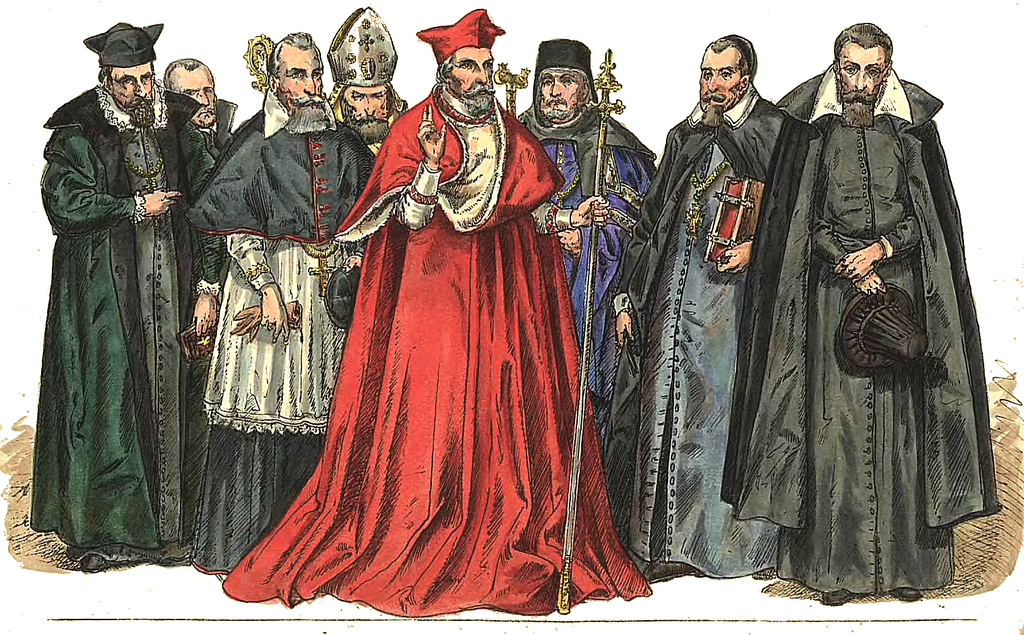Stamp: Archbishop Tadeusz Wojda's Ingres SAC to the Oliwa Cathedral (Personalized and Private Mail Stamps 2021)
Archbishop Tadeusz Wojda's Ingres SAC to the Oliwa Cathedral (Personalized and Private Mail Stamps 2021)
01 March (Personalized and Private Mail Stamps ) within release Poland : Moj Znaczek goes into circulation Stamp Archbishop Tadeusz Wojda's Ingres SAC to the Oliwa Cathedral face value A No Face Value
| Stamp Archbishop Tadeusz Wojda's Ingres SAC to the Oliwa Cathedral in catalogues | |
|---|---|
| Colnect codes: | Col: PL-PPS 2021-054 |
Stamp is square format.
Also in the issue Poland : Moj Znaczek:
- Mini Sheet - 81st anniversary of the Katyn massacre face value A;
- Stamp - 81st anniversary of the Katyn massacre face value A;
- Stamp - 81st anniversary of the Katyn massacre face value A;
- Stamp - 81st anniversary of the Katyn massacre face value A;
- Stamp - 100th anniversary of the 3rd Silesian Uprising 1921-2021 Arm face value A;
- Stamp - 100th anniversary of the 3rd Silesian Uprising 1921-2021 Arm face value A;
- Stamp - 100th anniversary of the 3rd Silesian Uprising 1921-2021 Arm face value A;
- Stamp - 100th anniversary of the Plebiscite in Upper Silesia March 2 face value A;
- Stamp - 100th anniversary of the Plebiscite in Upper Silesia March 2 face value A;
- Stamp - 110 years Zajezdni Brus 1910-2020 face value A;
- Stamp - 2021 European Year of Railways face value A;
- Stamp - 2021 European Year of Railways face value A;
- Stamp - 2021 European Year of Railways face value A;
- Stamp - 2021 European Year of Railways Czech Republic - Jesenik face value A;
- Stamp - 2021 European Year of Railways Poland - Bydgoszcz Main face value A;
- Stamp - 2021 European Year of Railways Vatican face value A;
- Stamp - 24 - National Day of Remembrance of Poles Saving Jews "Who s face value A;
- Stamp - 24 - National Day of Remembrance of Poles Saving Jews Bolesł face value A;
- Stamp - Apostle of Mercy on the 90th anniversary of the apparitions face value A;
- Stamp - Archbishop Tadeusz Wojda's Ingres SAC to the Oliwa Cathedral face value A;
- Stamp - Bolesław Obrebski (1898-1953) face value A;
- Stamp - Commemorative plaque Primary School No. 1 (building B) (form face value A;
- Stamp - Cursed Soldiers face value A;
- Stamp - Cursed Soldiers face value A;
- Stamp - Cursed Soldiers face value A;
- Stamp - Fast Urban Railway in the Tri -City EN57AKM-1722 Gdynia Głów face value A;
- Stamp - Fast Urban Railway in the Tri-City EN57-1759 Gdynia Główna face value A;
- Stamp - Fast Urban Railway in the Tri-City EW58-028 Gdańsk Główny face value A;
- Stamp - Ingres of Archbishop Tadeusz Wojda SAC to the Oliwa Cathedra face value A;
- Stamp - Klub Miłników Starych Tramwajów in Łódź face value A;
- Stamp - Madonnas of Gliwice Our Lady of Sorrows face value A;
- Stamp - Railroad Supporters Club in Wrocław 1991-2021 face value A;
- Stamp - Railway Supporters Club in Wrocław 1991-2021 face value A;
- Stamp - Railway Supporters Club in Wrocław 1991-2021 face value A;
- Stamp - Wesołych Świąt with a Tourist Stamp face value A;
- Stamp - Zajezdnia Brus 1910-2020 face value A;
Stamp Archbishop Tadeusz Wojda's Ingres SAC to the Oliwa Cathedral it reflects the thematic directions:
A bishop is an ordained member of the clergy who is entrusted with a position of authority and oversight in a religious institution. In Christianity, bishops are normally responsible for the governance and administration of dioceses. The role or office of the bishop is called episcopacy or the episcopate. Organisationally, several Christian denominations utilise ecclesiastical structures that call for the position of bishops, while other denominations have dispensed with this office, seeing it as a symbol of power. Bishops have also exercised political authority within their dioceses.
Clergy are formal leaders within established religions. Their roles and functions vary in different religious traditions, but usually involve presiding over specific rituals and teaching their religion's doctrines and practices. Some of the terms used for individual clergy are clergyman, clergywoman, clergyperson, churchman, cleric, ecclesiastic, and vicegerent while clerk in holy orders has a long history but is rarely used
Famous People refers to the fame and public attention accorded by the mass media to individuals or groups or, occasionally, animals, but is usually applied to the persons or groups of people (celebrity couples, families, etc.) themselves who receive such a status of fame and attention. Celebrity status is often associated with wealth (commonly referred to as fame and fortune), while fame often provides opportunities to make money.
Religion is any cultural system of designated behaviors and practices, world views, texts, sanctified places, ethics, or organizations, that relate humanity to the supernatural or transcendental. Religions relate humanity to what anthropologist Clifford Geertz has referred to as a cosmic "order of existence". Different religions may or may not contain various elements ranging from the "divine", "sacred things", "faith", a "supernatural being or supernatural beings" or "some sort of ultimacy and transcendence that will provide norms and power for the rest of life". Religious practices may include rituals, sermons, commemoration or veneration (of deities), sacrifices, festivals, feasts, trances, initiations, funerary services, matrimonial services, meditation, prayer, music, art, dance, public service, or other aspects of human culture. Religions have sacred histories and narratives, which may be preserved in sacred scriptures, and symbols and holy places, that aim mostly to give a meaning to life. Religions may contain symbolic stories, which are sometimes said by followers to be true, that have the side purpose of explaining the origin of life, the Universe and other things. Traditionally, faith, in addition to reason, has been considered a source of religious beliefs. There are an estimated 10,000 distinct religions worldwide. About 84% of the world's population is affiliated with one of the five largest religions, namely Christianity, Islam, Hinduism, Buddhism or forms of folk religion.




